The Eastern Caribbean Trading Agriculture and Development Organization, or ECTAD CARIBBEAN, is an organization of small farmers that was launched in St. Vincent and the Grenadines in 1995. ECTAD CARIBBEAN also has branches in Surinam and Guyana and work with farmer organization partners throughout the Caribbean.
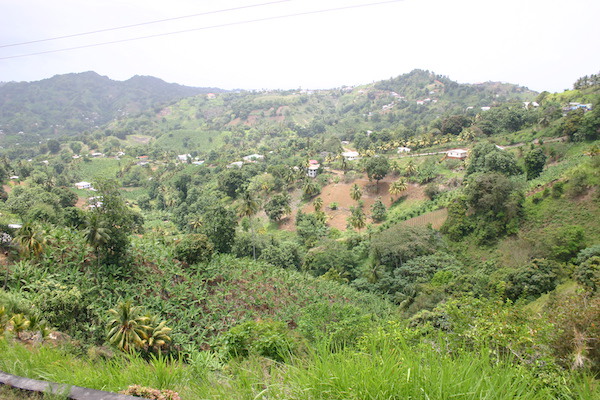
Jethro Greene explains: “We work to establish a network of information and technological practices to enhance the social and economic position of all small farmers. Since the onset of this organization we have seen a profit increase of 100% for the farmers while the price for the consumers has decreased. This is because we have worked to eliminate inefficiencies in the supply chain.”
The farmers who are a part of ECTAD all have very small farms, mostly under 2 acres but according to Greene this is much more efficient than large farms. “We have seen that if you compare the output of 10 farms of 2 acres with one 20-acre farm, the output can be up to 3x as much from the combined small farms, using a production and marketing cluster approach. We believe that small farmers are the future of sustainable agriculture and that they are the foundation of the whole food system.”
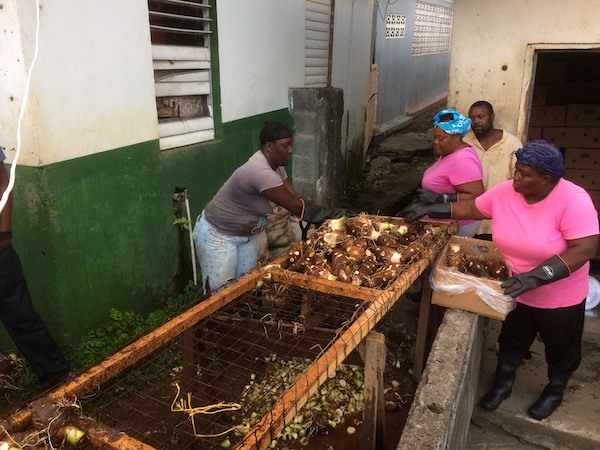
Sustainable hillside farming
Most of the farming in the Caribbean takes place on the hillside, which requires special techniques. “This is very environmentally friendly, and it also help reduce slippage,” Greene explains. “We have noticed that it is most important to develop a sustained profitable market, and then the production will follow. In the past three years our members have supplied over two million pounds of produce locally, regionally, and internationally without any funding from the government or donor agencies.”
The nontraditional crop farmers in the Caribbean work mostly with roots and tubers such as dasheen/taro, yams, sweet potatoes, eddoes, ginger and turmeric, and the largest export markets are located in England, the Netherlands, USA and in France, as well as supplying the local Caribbean markets. “With the onset of the coronavirus we have stalled a bit in our production, but we are still open and working, though we are having issues getting the product shipped.”
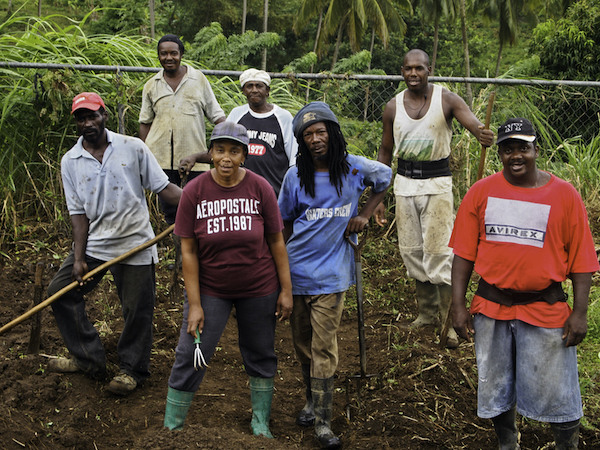
Coronavirus crisis impact
In the Caribbean, protocols have been put in place to help prevent the spread of the virus, but there hasn’t been a total lockdown in St. Vincent and the Grenadines, where Greene is located. “Our farmers are wearing masks and we have extra sanitary procedures in place. We should be able to resume normal production in the next couple of weeks. Right now, we have had shipment issues in the past five to six weeks and there has been some product spoilage because of this. This is in the local markets because people are coming to the markets less often, but also with our exports because there have been some border closures. Fortunately, the European countries haven’t closed their borders to trade so when we can get back up and running, we should be able to recover quickly.”
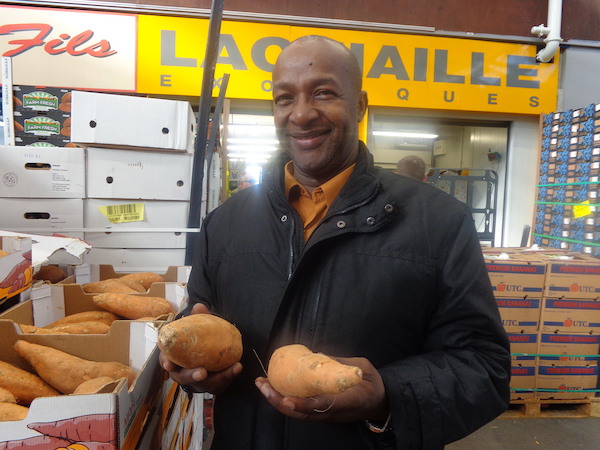
The organization is working to support the farmers through these difficult times. “We are mobilizing resources and support to supply the farmers with basic materials such as seeds and plant nutrients, to help them out. We have had both spoilage and underdevelopment of crops, unfortunately. But one of our main focuses is to encourage all people, not just farm families, in the country to start growing more vegetables. We have set up a program for this and believe it’s very important not just for increased overall nutrition but also because it will introduce children to agriculture and teach them to appreciate it. Then maybe in the future they will help expand our agricultural output,” Greene concludes.
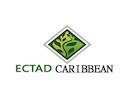 For more information:
For more information:
Jethro Greene
ECTAD CARIBBEAN
Tel: +1 (784) 453-1004
Email: [email protected]
www.ectadcaribbean.org
